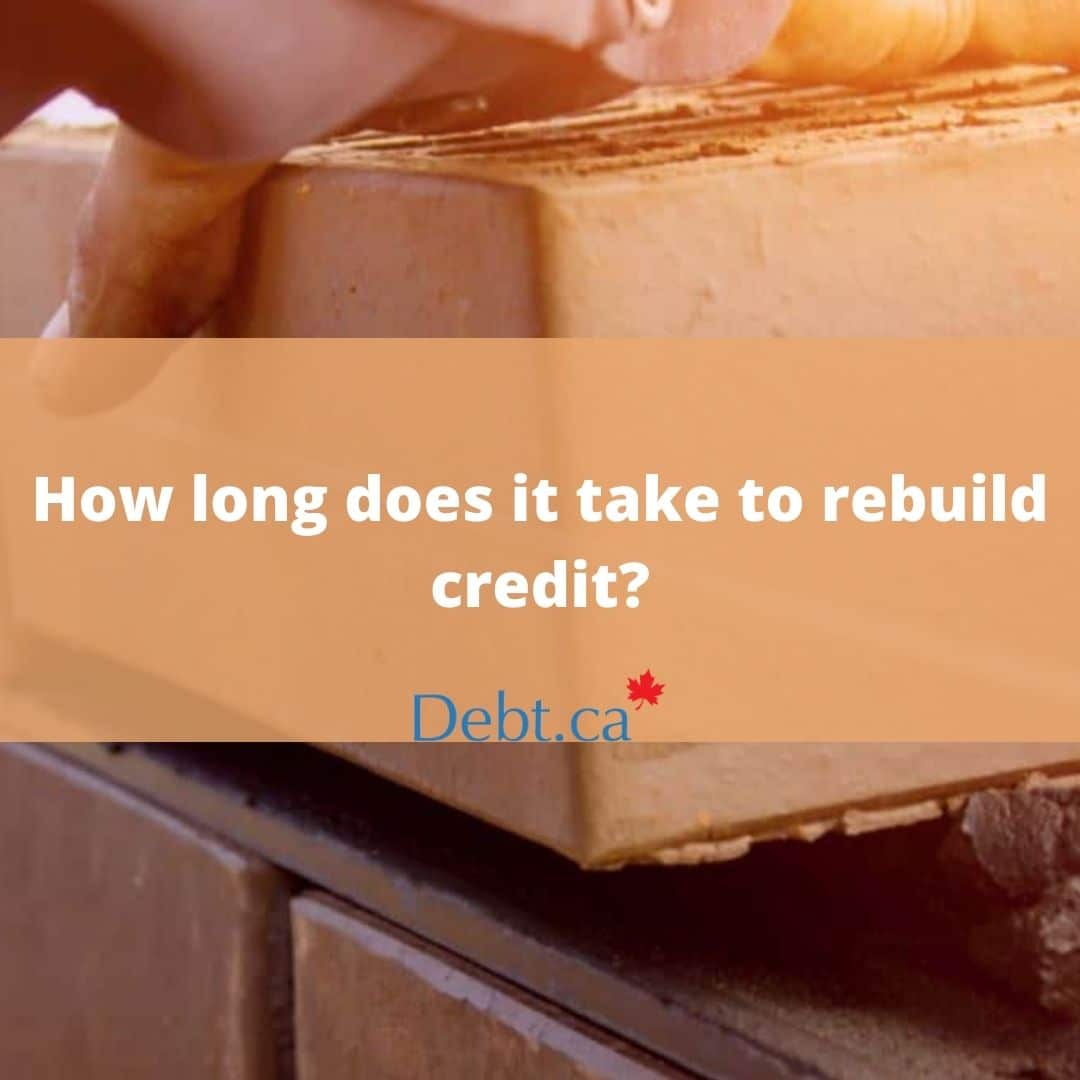Credit is a necessary tool that helps you manage many common life tasks, such as paying for a car, affording a house, financing a business, and more. To qualify for a credit, you must have a decent credit rating or credit score. Credit bureaus determine your credit score based on your payment history. The longer history you have of paying your bills, the more opportunity you have to build credit. Good credit scores range between 660 to 900, and lenders consider credit scores above 725 to be excellent. If you pay your bills on time and don’t take out more debt than you can handle, chances are you’ll have good credit. If you have bad credit, you might have trouble applying for a loan with a reasonable interest rate.
What is a bad credit score?
Lenders consider credit scores below 520 to be bad credit scores, and scores under 660 aren’t as bad. They often result in less favourable loan terms and higher interest rates.
What factors affect a credit score?
Since credit bureaus do not share the formulas they use to calculate credit scores, it’s impossible to know specific details about what actions result in credit score changes. However, there are a few known factors that affect credit score.
Credit History
Your credit history is your track record for paying debt. This includes making your mortgage payments, paying your utility bills, making minimum payments on your credit card, missed loan payments, or loans sent to collection agencies.
Credit Utilization
Your credit utilization encompasses how much of your available credit you consistently use. You must use your available credit without bringing your loan too close to the credit limit. This is also known as a debt to credit ratio. If you have various forms of credit reaching their limits, it can negatively affect your score.
New Credit Inquiries
Lenders will make or request new credit inquiries so that they can see your credit score. You may conduct a credit check when applying for an apartment rental, for example. Institutions offering financial services, like banks and lenders, also conduct credit checks on your behalf when you apply for mortgage approval or pre-approval. Generally, most lenders, including those for car loans, will want to see your credit score. Some other reasons you or a lender may check your credit score may include considering you for a job, providing insurance, or offering you a credit limit increase. If you check your credit score too often, it’s possible that it can negatively affect your credit.
Mix of Credit
Having a diverse portfolio of credit has positive effects on your credit score. By consistently demonstrating repayment of different debts, be it phone bills, utility bills, or mortgage payments, you prove to have a strong handle on your finances. However, if you have taken on too much credit that you cannot afford, this can negatively affect your score.
How long does negative information remain on your credit report?
The amount of time a negative mark remains on your credit report depends on the severity of the action. Generally, negative information stays on your report for seven years. Here are some actions that may result in negative information on your credit report:
Late payments
Your credit report will keep information about late payments for up to seven years, starting from the date of your missed payment. It’s important to remember that this information will stay on your report even when you pay off the balance. This is why it’s so vital that you make all payments on time. Set the alarm if you have to.
Charge offs
Charge-offs are accounts that creditors deem to be a loss and prevent future charges to those accounts. Usually, creditors will give you a warning when you’ve missed a payment and won’t write the account off as a loss until a substantial amount of time has passed.
Collections
Creditors will send balances that have been unpaid, with many warnings, to collections agencies. This resembles charge-offs, as the creditor, in this case, has decided to write the balance as a loss and send it to a third party.
Settlements
If you use a debt settlement program to deal with debt, it will stay on your credit report for up to 6 years.
Closed accounts
If you close a credit account, like cancelling a credit card, for example, it will stay on your credit report for ten years. If your account was in good standing, meaning you promptly made most of your payments, this wouldn’t be a negative mark on your report.
Foreclosure on a home
Foreclosure, which occurs when a borrower does not make their mortgage payments on their home, can remain a negative mark on your credit report for up to 7 years.
Bankruptcy
If you decide to declare bankruptcy, a Licensed Insolvency Trustee will manage your debts with your creditors on your behalf. Although bankruptcy is a necessary course of action in some cases, it can remain on your credit report from 7-10 years, depending on the severity. It’s estimated that the COVID-19 pandemic will result in more bankruptcy declarations in the coming quarter.
Hard Credit Inquiry
Hard credit inquiries, or hard credit checks, occur when a lender conducts a credit check after requesting a credit service. These are not severe marks on your report and will remain on your report for two years.
Using Credit to Rebuild Credit
To rebuild credit or improve your credit score, you can take a few courses of action. Having a mix of credit helps rebuild your credit, provided that you don’t overextend yourself financially. For example, if you only have a secured credit card, consider looking into other forms of credit to take on at your own pace. Some ideas for new credit include a car loan, credit card, or line of credit.
Rebuilding credit takes different amounts of time for different people. If you dispute negative information on your credit, resolving your credit score can take between three and six months. Improving your credit score in general, however, can take a year or more.
Final Thoughts
Improving your credit score can be intimidating at first; however, there are many tips, tricks, and resources to help you start. If you’ve experienced a dip in your credit score, check out Debt.com’s helpful advice on how to rebuild your credit.









